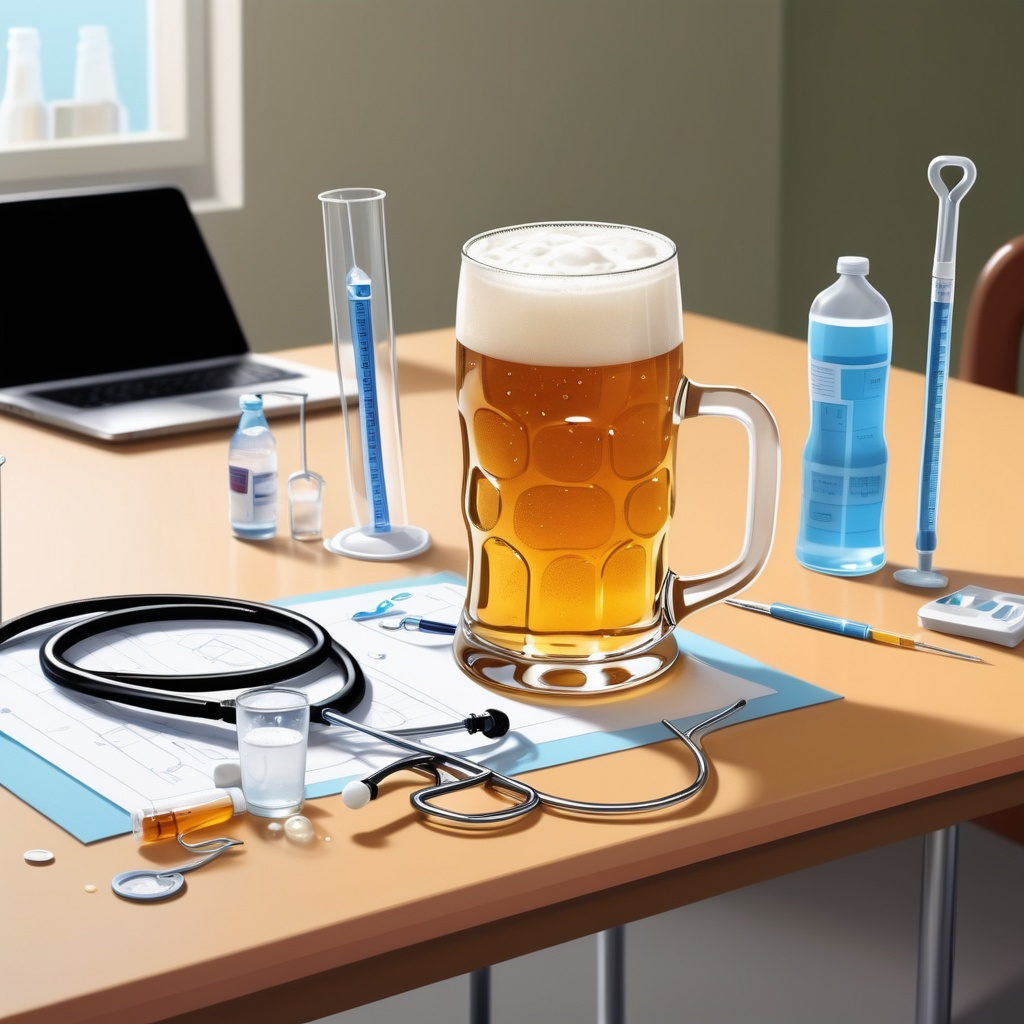When we think about responsible drinking, we often associate it with driving or operating heavy machinery. But have you ever considered how alcohol—even in small amounts—might affect professional decision-making? The rise of nonalcoholic beer suggests that people are looking for healthier alternatives, but what about those in critical roles, like healthcare professionals?
Dr. William G. Wilkoff raises an important discussion about “Practicing Under the Influence” (P.U.I.)—a concept that applies not just to doctors but to anyone in high-stakes professions. Even a single drink can affect cognitive function, judgment, and reaction time, which could be crucial in situations where lives are at stake.
Medical professionals often work long hours, facing exhaustion that can impair decision-making just as much as alcohol. Some even argue that “Practicing While Sleep Deprived” (P.W.S.D.) is just as dangerous as P.U.I. So, where should the line be drawn? Should a doctor on call abstain from alcohol entirely? Is it ethical for a telemedicine provider to have a drink before seeing patients virtually?
As more states legalize marijuana and nonalcoholic beer gains popularity, discussions around substance use and professional responsibility are more relevant than ever. While P.U.I. may not be widely talked about, it’s a conversation worth having—not just for doctors, but for anyone in critical decision-making roles.
What do you think? Should professionals in high-stakes jobs completely avoid alcohol before work? Share your thoughts!




